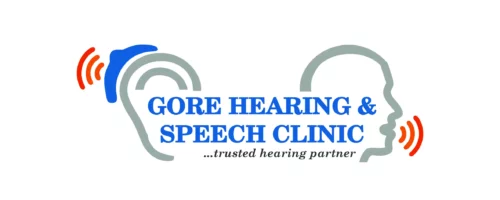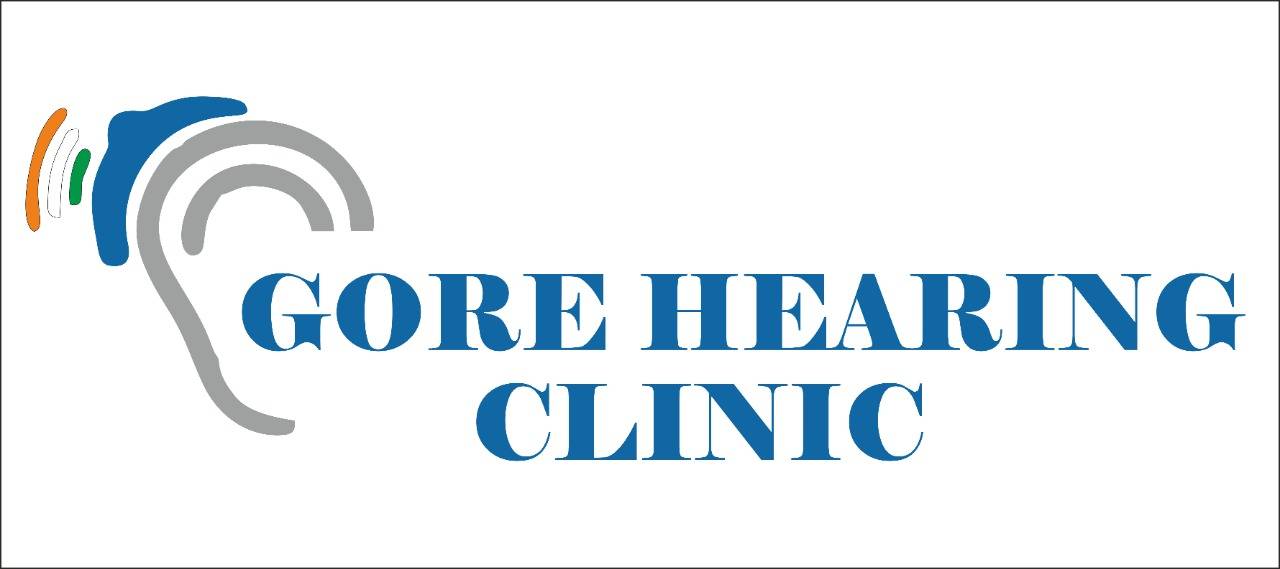Do you know a kid, a family member, or a friend who struggles to express their needs and feelings? If so, continue reading to learn how you can assist. For both children and adults, speech and language therapy provides engaging and enjoyable activities to foster and enhance communication abilities. You may learn more about some of the various methods and exercises used in different types of speech therapy to enhance communication abilities by reading this article.

The ability to communicate is essential to our existence, and communication is the vocalization of our thoughts. Yet, there are situations where a person is unable to communicate verbally, in which case speech therapy is required. This illness is known as a speech disorder in the individual affected.
Diseases that need Speech therapy
1. A disorder of stuttering and fluency:
Speaking in long pauses, stretching out sounds as you speak, and repeating the same sound are all symptoms of the speech problem known as shuttering. Stuttering may occur as a result of stress, excitement, or anxiety, which can also exacerbate it.
Secondary physical behaviors include tightening of the jaw or excessive blinking of the eyes. A stutterer will also frequently lengthen or repeat words, syllables, or sentences.
2. Dysarthria:
Speech problems associated with brain injuries include dysarthria. It happens when the muscles in the lips, mouth, jaws, and tongue are too weak to work normally, usually as a result of brain damage.
3. Aphasia:
A person’s capacity to effectively speak, express themselves, and interpret language can be negatively impacted by aphasia.
Types of Speech therapy and what are their various activities?
Individuals of various ages are treated by speech-language pathologists. Depending on the age, kind, and degree of the disease, they employ various techniques.
1. Language therapy: Simply put, language therapy assists a person in verbal communication. Understanding what the other person is saying is necessary before speaking to them verbally. Through developing the person’s hearing, grammar, vocabulary, social language, and reading skills, speech-language pathologists work on the person’s capacity to comprehend and express language. They accomplish this using a variety of approaches and exercises that are specialized for each person.
2. Articulation therapy: Pronouncing various sounds is known as articulation. Speech-language pathologists employ articulation therapy to correct people who mispronounce certain sounds. They accomplish this by displaying how to position the articulators properly. To help a patient pronounce words correctly, speech therapists may employ a variety of methods including cueing techniques, phonetic placement therapy, the minimal pair approach, the cycles approach, distinct feature therapy, etc.
3. Oral motor therapy: People who have weak or rigid oral musculature can benefit from oral motor therapy. Speech therapists employ oral exercises to develop the oral musculature, which may include blowing, sucking, chewing, and biting. Along with improving speech quality, these activities also help people become more conscious of and proficient at eating, drinking, and swallowing.
4. Fluency Therapy: People whose rate, continuity, or flow of speech is impaired benefit from fluency therapy. Fluency issues can harm a person’s communication and general quality of life. By employing various techniques, such as the prolongation technique, modified airflow technique, lilypad technique, etc., speech therapists aid in the improvement of speech fluency.
5. Auditory Verbal Therapy: Children with hearing impairment benefit from this kind of treatment. AVT uses a specific hierarchy to assist kids with hearing loss in comprehending speech and sounds. Sound discrimination, sound identification, and sound comprehension come first, then sound awareness. As soon as the youngster is fitted with the hearing aid(s), AVT is advised to begin.
6. Voice Therapy: Voice therapy is advised for people whose voices change in pitch, quality, or volume. To enhance voice and vocal behavior, speech-language pathologists offer vocal hygiene programs and voice exercises. Resonant voice therapy, vocal function exercises, digital manipulation, exercises for the semi-occluded vocal tract, and other methods may be utilized in voice therapy depending on the nature and severity of the voice disease.
Also read: Hearing Loss: Types, Symptoms and Treatment
Pediatric Speech Therapy
The youngster may be helped to overcome speech issues by the SLP’s use of various activities and therapy exercises.
Articulating exercises
The speech therapist will provide the child with an individualized treatment plan and assist the child in slowly pronouncing each word by modeling and mimicking the sounds during playtime or other enjoyable activities.
Therapy for chewing and swallowing
An SLP works closely with the kid to assist with feeding and swallowing problems. Activities that require oral communication can assist the mouth muscles to get stronger with the guidance of the SLP. The modified barium swallow study and endoscopic examination are two techniques for identifying feeding and swallowing issues.
Verbal exercises
An SLP participates in language activities by conversing with the child and utilizing visual aids including pictures, books, and objects that might encourage language development. The SLP may employ repetition activities and demonstrate proper pronunciation to aid the child in developing language skills.
Facial Exercises
Workouts for the face can help the muscles around the lips become stronger. To enhance speech and communication, the SLP may also use several tongue, jaw, and lip movement exercises.
Speech Therapy For Adults
An adult’s speech can be improved through a variety of methods by a speech therapist. These will be different from a child’s skills.
Exercises for the mouth
Strengthening the oral muscles will enhance communication and boost an adult’s confidence. Mouth exercises or facial exercises can also help.
Exercises for the breath
Adults may be asked to perform certain breathing exercises by a speech therapist or SLP to help with the difficulties.
Social interaction
To improve communication, the speech therapist may use memory exercises, conversational exercises, and problem-solving techniques.
Also read: Rechargeable Hearing Aids – Factors to Keep in Mind and Options
Tips and Techniques for Speech Improvement
1 . Attempt to talk to your child more and give him space to express himself verbally.
2. Use the telephone method to teach your child to listen and try to respond, or the whisper method, in which one person talks to the other while the other tries to pronounce the sentence that was last whispered, to teach them how to listen better.
3. Reading aloud to a child can improve their understanding of words and sentences.
4. Employing audio-visual aids to help the child comprehend material, develop their level of understanding and imagination, and improve their level of comprehension has an impact on their level of focus.
5. The ideal method of education is having fun while learning. When the entire action is enjoyable and engaging, a youngster may learn most effectively.
Conclusion
communication and social interaction in society. Yet, anyone (infant or adult) who has a speech issue loses their capacity for language expression, comprehension, and communication, and reading and writing become challenging tasks. Early treatment of speech disorders can boost self-esteem, communication skills, and language proficiency.
A speech therapist may advise swallowing exercises to strengthen your mouth, expand the range of tongue motion and enhance chewing habits so that your child can speak more clearly. When all of these are used together your child will feel it easy to swallow food and liquid more readily which will significantly improve their speech.
The goal is to assist your youngster in performing those drills at home while working together.

